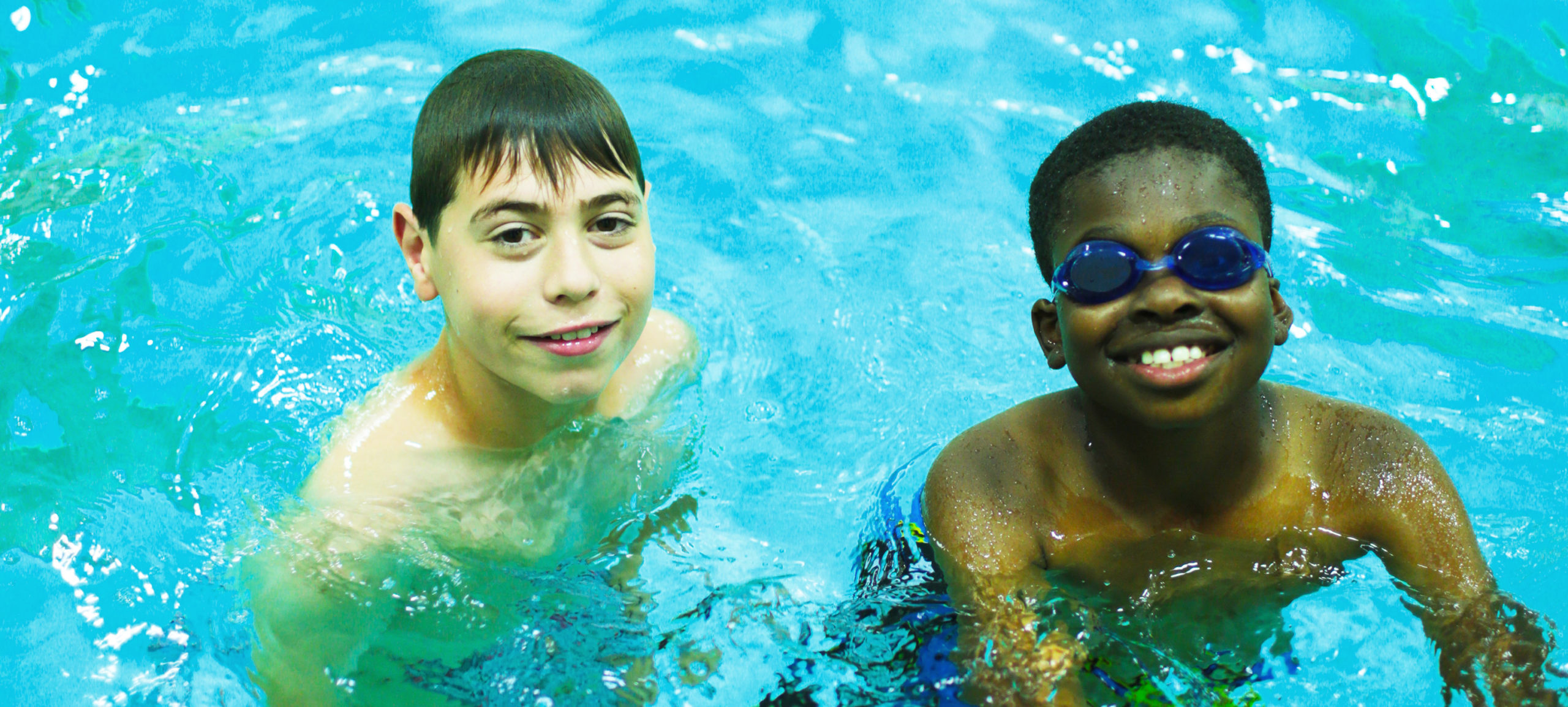

Introduction
Attention Deficit Hyperactivity Disorder (ADHD) is a neurodevelopmental condition that affects individuals across various aspects of their lives, including academic and social domains. This article explores the intersectionality of ADHD, social skills development, inquiry-based learning, and the potential benefits of single-gender residential programs. By delving into research and educational strategies, we aim to provide insights into a comprehensive approach that caters to the diverse needs of students with ADHD. Camp Sequoia understands the benefits of a single gender community and while we value the weekly interactions between our girls and boys programs, find that the research supports the tremendous value of a single gender cohort experience.
Understanding ADHD and Its Social Implications
ADHD is characterized by symptoms of inattention, hyperactivity, and impulsivity. While much attention has been given to the academic challenges associated with ADHD, the social implications are equally significant. Children and adolescents with ADHD often struggle with social interactions, experiencing difficulties in communication, maintaining friendships, and understanding social cues (Mikami, 2010). These challenges can have long-term consequences on their social development and overall well-being.
The Importance of Social Skills Development for Students with ADHD
Social skills are a vital aspect of a child’s development, contributing to academic success, mental health, and overall life satisfaction. For students with ADHD, who may face hurdles in social situations, intentional social skills development becomes imperative. Research suggests that targeted interventions addressing social skills deficits in individuals with ADHD can lead to positive outcomes, improving peer relationships and reducing social rejection (Pelham & Hoza, 1996).
Inquiry-Based Learning: A Dynamic Educational Approach
Inquiry-based learning (IBL) is an educational approach that places students at the center of their learning experience. It involves posing questions, conducting investigations, and developing solutions to real-world problems. IBL not only promotes academic engagement but also provides a unique opportunity for students to develop essential skills, including critical thinking, collaboration, and communication (Harwell & Phillips, 2017).
The Synergy of IBL and Social Skills Development
In the context of ADHD, the interactive and collaborative nature of IBL holds promise for addressing social skills deficits. By engaging in inquiry-based activities, students have the opportunity to work together, share ideas, and practice effective communication. Research by Blatchford et al. (2012) suggests that cooperative learning environments, similar to those fostered by IBL, positively impact social interactions among students.
Inquiry-Based Learning and ADHD: Bridging the Academic-Social Gap
One of the challenges for students with ADHD is bridging the gap between academic expectations and social interactions. IBL, with its emphasis on collaborative problem-solving and interactive learning, offers a holistic approach that integrates academic and social skill development. This approach aligns with the idea that addressing the social challenges of students with ADHD should not be isolated from their academic experiences (Evans et al., 2018).
Single-Gender Residential Programs: A Supportive Environment
Single-gender residential programs have gained attention for their potential to provide a structured and supportive environment for students with diverse needs. These programs offer a unique setting where students can focus on their academic and social development without some of the distractions or challenges that may be present in coeducational settings (Myers & Kintner-Duffy, 2017).
ADHD, Single-Gender Residential Programs, and Social Growth
For students with ADHD, the structured and supportive nature of single-gender residential programs can contribute significantly to their social growth. These programs often provide a smaller, more controlled social environment, allowing for tailored interventions that address specific social skills deficits. The emphasis on routine and consistency in such programs can be particularly beneficial for individuals with ADHD (Sibley et al., 2016).
Combining IBL and Single-Gender Residential Programs for Holistic Growth
The synergy of inquiry-based learning and single-gender residential programs creates a powerful platform for holistic growth in students with ADHD. In such an environment, students not only engage in interactive and collaborative learning experiences but also benefit from the structure and support offered by single-gender settings. This combination addresses the multifaceted needs of students with ADHD, promoting academic success and social skill development.
Conclusion:
A Holistic Approach for Social and Academic Success
In conclusion, addressing the social skills development of students with ADHD requires a comprehensive approach that integrates educational strategies and supportive environments. The combination of inquiry-based learning and single-gender residential programs offers a unique and promising framework. By fostering collaborative learning experiences within a structured and supportive setting, the Camp Sequoia staff can contribute to the holistic growth of students with ADHD, promoting both academic success and enhanced social skills. As we continue to explore innovative approaches, it is crucial to remain attuned to individual differences and continually refine strategies to meet the diverse needs of neurodivergent learners.
